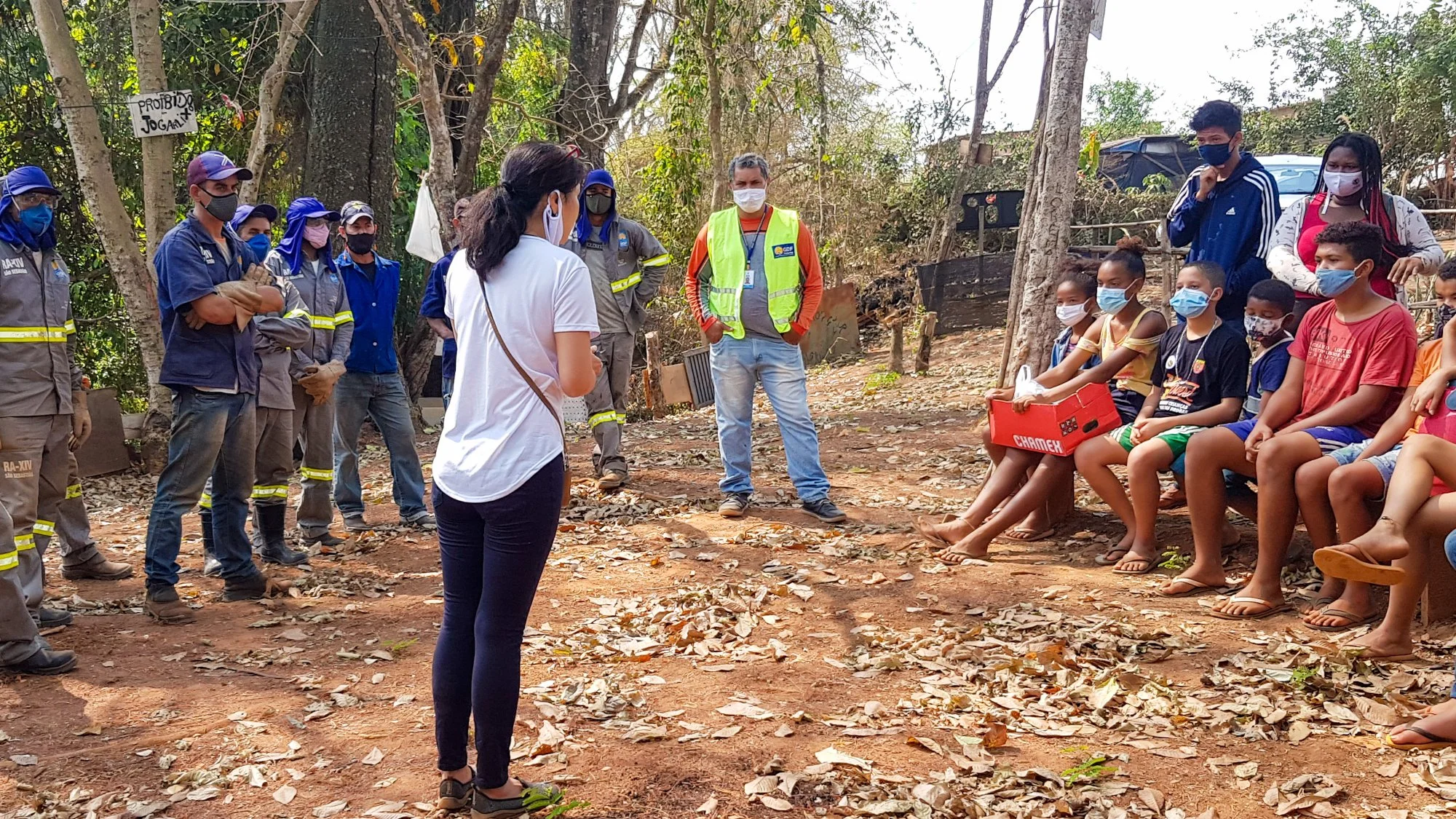Disaster relief and contributing to social transformation
Following the recent storm disasters in Aotearoa and the earthquakes in Turkey, questions have been asked by some of the friends as to how they might best help with relief efforts in such cases. The answer very much depends on varying circumstances in each case. The humanitarian concerns involved bring up wider issues about how we can best contribute to social transformation. Some factors and principles that could be taken into account are as follows.
Obviously, disasters close to home are in a different category from those further afield, as it is possible to help out directly in local emergencies, whereas with emergencies in distant places it is usually only possible to contribute charitable donations and prayers, unless one can travel to the affected area to do something useful.
There are many areas of need in society and the spiritual impulse to reach out to help others will often be more fruitfully channelled towards needs in one’s own neighbourhood or city. This aligns with the Faith’s emphasis on contributing to the resilience of one’s own local community. For example, in relation to the earthquake in Türkiye (Turkey), Bahá’í World News Service reported that “an orientation toward service and the bonds of friendship that are fostered through Bahá’í community-building efforts have been key factors in responding to the crisis.”
Localised neighbourhood and local community building efforts involving groups of families and households provide networks that can be mobilised quickly to look out for one another when disaster strikes, and this mutual support can be highly effective.
It is often valuable for friends to align their efforts with effective actions taken by government authorities, aid agencies or other organisations in civil society. For example, with the recent flooding in Hawkes Bay and Tairawhiti, reports indicate that established iwi networks provided effective channels for offering food and shelter to those in need. It is commendable for Bahá’ís to contribute money or time towards such initiatives. Aid agencies very often prefer to receive donations of money rather than goods, as donated goods may not be suited to requirements, whereas money can be used for obtaining exactly the right resources.
Financial donations towards disaster relief and other charitable purposes are praiseworthy, but mostly help in dealing just with immediate problems and crises. It should be remembered that contributions to the Funds of the Faith go towards advancing the remedial scheme which Bahá’u’lláh, “the Divine Physician, has prescribed for an ailing humanity”.* However, friends who wish to specifically make an earmarked donation to the National or International Fund for disaster relief are most welcome to do so.
Armed with confidence and wisdom from immersion in the Teachings, Bahá’ís can spread hope. As the House of Justice wrote in its Ridván message for 2022: “Time and again, the distinctive characteristics and attitudes shown by the believers in periods of acute difficulty have prompted people to turn to Bahá’ís for explanation, counsel, and support, especially when the life of a society has been upset by peril and unforeseen disruptions.” To equip ourselves with the required qualities, we need to utilise the resources that the Faith provides, especially the courses of the training institute and the guidance of the Plan.
In our secular society, “thoughts and prayers” are sometimes derided as ineffectual, and one of our contributions is helping people to appreciate the spiritual dimension of resilience — for example, that prayer can inspire and sustain action.
The House of Justice has called for our involvement in the life of society to expand greatly during the Nine Year Plan and beyond. As our community builds new capacities for social action and involvement in the discourses of society, there will inevitably be a wider and deeper ability to contribute to the reduction of suffering.
A source of greater understanding of the Faith’s approach in these matters is found in the message of the Universal House of Justice to the Conference of the Counsellors dated 30 December 2021, particularly the section headed “Contributing to social transformation”. The House of Justice states there:
A clear sign that the society-building power of the Cause is being released in a cluster is that efforts are being made by a growing band of its inhabitants, inspired by the teachings of the Faith, to help improve the spiritual character and social conditions of the wider community to which they belong. The contribution made by Bahá’ís is distinguished by its focus on building capacity for service; it is an approach founded on faith in the ability of a population to become the protagonists of their own development.
Study of the whole section on social transformation is recommended. (Available from the online Bahá’í Reference Library.)
A few inspiring examples of initiatives in this realm have been reported by the Bahá’í World News Service, including these reports:
Türkiye: Emergency desk created to coordinate relief efforts
A movement of youth in New Zealand inspires socially conscious music
New study explores the application of spiritual principles to community life
Youth: River cleanup in Brazil promotes environmental stewardship
Footnote
* Shoghi Effendi, The World Order of Bahá’u’lláh
Featured photo
From Brazil: concerned with the improvement of the environment of their neighbourhood, youth engaged in Bahá’í community-building activities drew on support from their municipality to remove 12 tons of trash from a local river. This photo comes from the Bahá’í World News Service article, Youth: River cleanup in Brazil promotes environmental stewardship. Photo © Bahá'í International Community. See Terms of Use.






